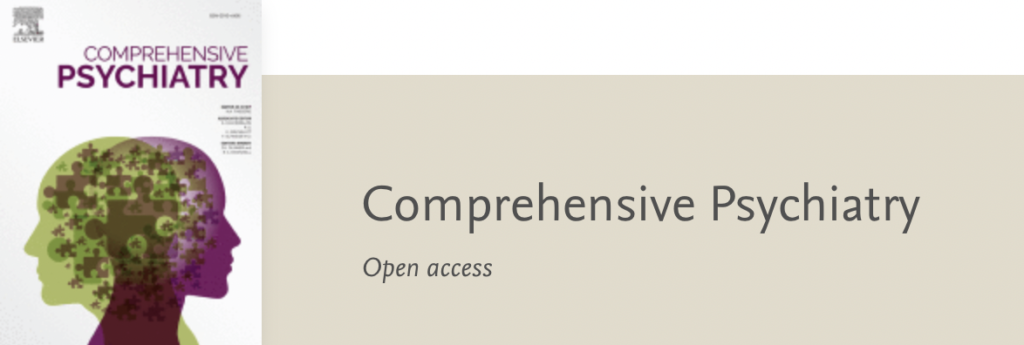Identification of texture MRI brain abnormalities on first-episode psychosis and clinical high-risk subjects using explainable artificial intelligence
Abstract Structural MRI studies in first-episode psychosis and the clinical high-risk state have consistently shown volumetric abnormalities. Aim of the present study was to introduce radiomics texture features in identification of psychosis. Radiomics texture features describe the interrelationship between voxel intensities across multiple spatial scales capturing the hidden information of underlying disease dynamics in addition […]







